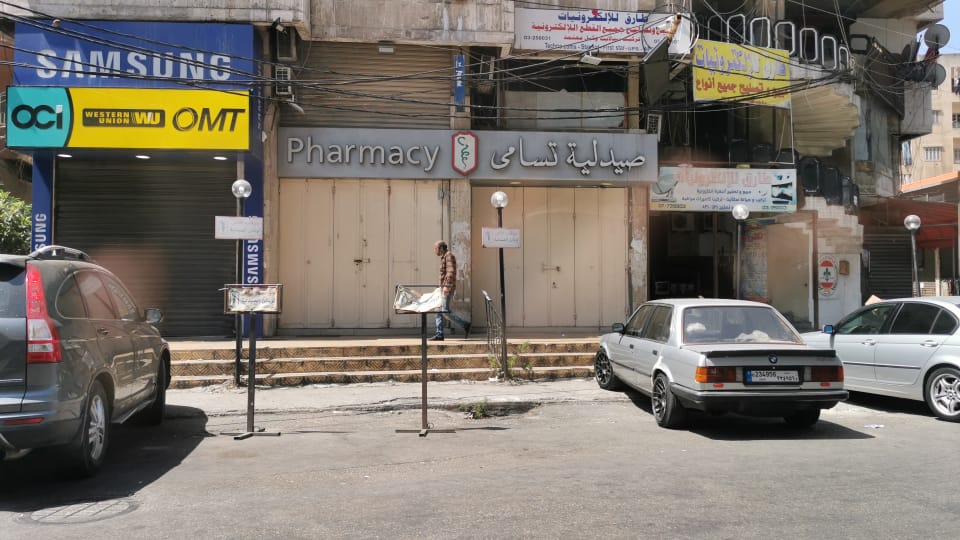The Health Ministry said on Sunday that it will investigate the death of a baby girl whose family was incapable of accessing hospital treatment and medicine due to Lebanon’s severe shortages.
Jouri al-Sayyed, a 10-months old baby, died in Mazboud on Saturday due to lung inflammation that resulted from three days of high fever.
Ayman al-Sayyad, Jouri’s uncle, told AFP that she had passed away due to “lack of proper care in hospital and lack of medicines.”
Jouri’s father had sought out medications in the hospital, to no avail, prompting him to seek out pharmacies, which were closed due to exuberant price changes and ongoing shortages.
“We’re living in a country where the hospitals don’t have medicine, and the pharmacies are closed,” said her uncle.
Mazboud Central Hospital has publicly denied any wrongdoing. In a statement, the hospital said that she had received “full, appropriate treatment, including all necessary medicines.”
The hospital added that she had died after being temporarily removed from the facility to be treated elsewhere. Dr. Kamal Mourad, who spoke on behalf of the hospital to AFP, said she had been taken out without prior consultation.
On Friday, many pharmacies launched a countrywide strike to protest the shortages of medicines. For the past two months, everything from heart disease medication to over-the-counter painkillers have been running low or went completely out of stock.
For some, local alternatives do exist –such as Lebanon-produced painkillers. For others, the situation is dire. In early June, physician Dr. Hadi Mourad said many patients will soon die should the drug shortage continue.
A month later and the shortage still persists, claiming the life of Jouri and endangering many others.
“Who should I complain to? The crocodiles and sharks that left the country?” said Jouri’s father in a widely-circulating video of him carrying his daughter in his arms while she is wrapped in a white sheet.
Health Minister Hamad Hassan promised to provide a list of medicines that will remain subsidized, prompting pharmacies to partially suspend their strike on Monday or Tuesday. Pharmacies said they would only serve patients with a signed doctor’s prescription.
As of today, the ministry will hold successive meetings to discuss potential solutions to the issues at hand.


